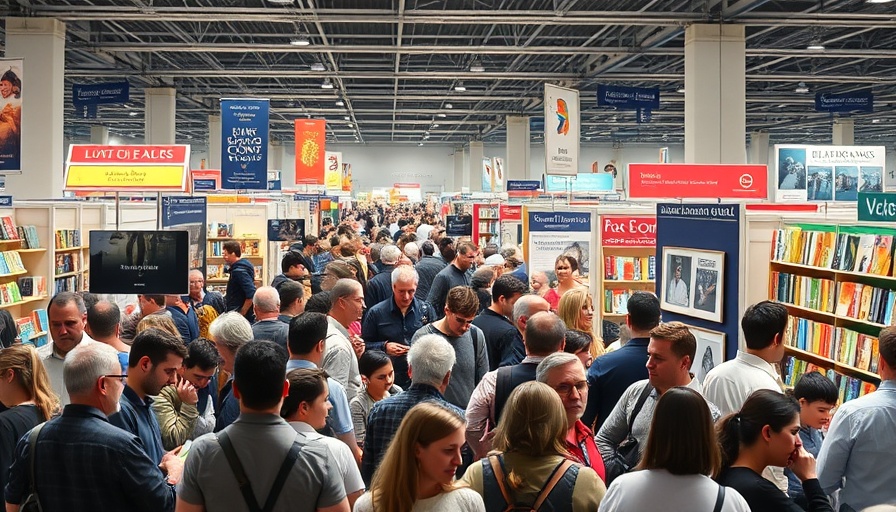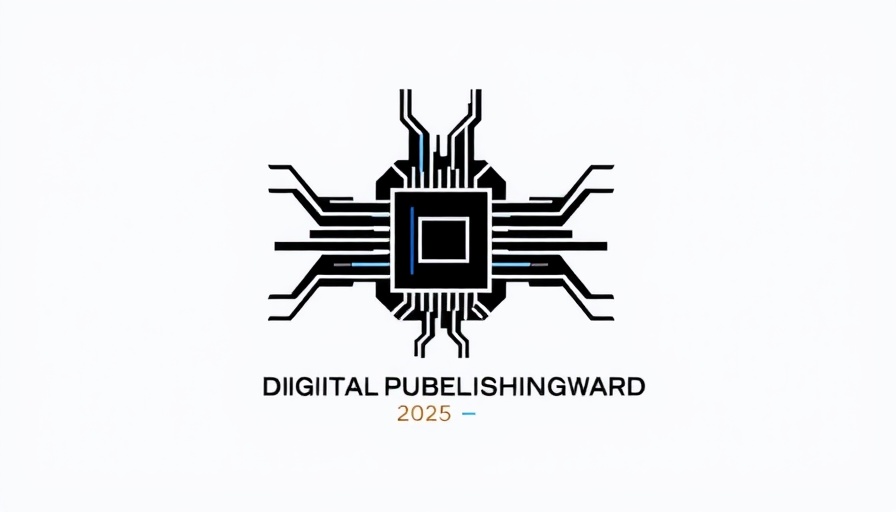
Exploring the Ripple Effects of the Beijing International Book Fair
The recently concluded Beijing International Book Fair (BIBF) served as more than just a gathering of bibliophiles; it transformed into a global platform for cultural exchange that spanned across 110 countries. With over 220,000 titles showcased, the fair underscored the powerful role literature plays in bridging cultural divides and creating connections among readers worldwide.
A Record-Breaking Showcase of Literary Diversity
A significant highlight of this year’s BIBF was the closing of approximately 2,800 deals, a testament to the thriving nature of the global publishing market, especially regarding Chinese literature. The staggering 70% of these agreements involving outbound licensing emphasizes the rising global demand for Chinese narratives. The spotlight turned on publishers from regions like Malaysia, the event's Guest of Honor, showcasing a fruitful collaboration that emphasized translation and cultural interpretation.
Igniting Conversations Through Literary Works
Renowned works such as "My Altay" by Li Juan captured the audience's attention with their poignant exploration of themes like women's growth and friendship. As mentioned by Zhang Yi, head of Huacheng Press, the universal resonance of the book's female perspective has sparked interest beyond Chinese borders, demonstrating that stories have the power to cross cultural boundaries. This shift indicates not just a growing appreciation for diverse voices but also the potential for literature to foster understanding among cultures.
Utilizing Technology for Enhanced Storytelling
Innovatively, this year’s fair also highlighted the integration of technology in storytelling. Notably, an augmented reality book that illustrates characters from the classic "Journey to the West" is set to be translated into Arabic. This innovative approach to adapting historical narratives shows how technology can enliven traditional stories, making them relatable and accessible to younger audiences.
The Impact of AI on Publishing Practices
Amid the literary festivities, discussions on the integration of artificial intelligence into the editing and publishing process emerged. AI's role in streamlining proofreading and content creation is revolutionizing the way stories are told and experienced, transforming challenges into opportunities for growth in the literary domain.
Looking Ahead: The Future of Literature
The success of the 2025 BIBF offers exciting predictions for the future of literature. As more writers and publishers embrace cross-cultural exchanges, literature could serve not only as a form of entertainment but as a vital tool for empathy, understanding, and collaboration across different cultures. The global audience’s acclaim for Chinese titles underscores a shift toward a more inclusive literary world.
As the echoes of literary discussions linger post-event, it’s crucial to reflect on how these narratives shape our perceptions and connections. The BIBF has not only written a new chapter in the literary landscape but also reignited a global conversation about the power of words and storytelling in uniting us despite our differences. Consequently, it invites us to seek and share more diverse stories in our communities, reminding us that each book is an opportunity to walk in someone else’s shoes.
 Add Row
Add Row  Add
Add 




 Add Row
Add Row  Add
Add 

Write A Comment